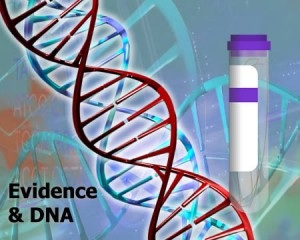Brilliant Strategies Of Tips About How To Become A Dna Analysis
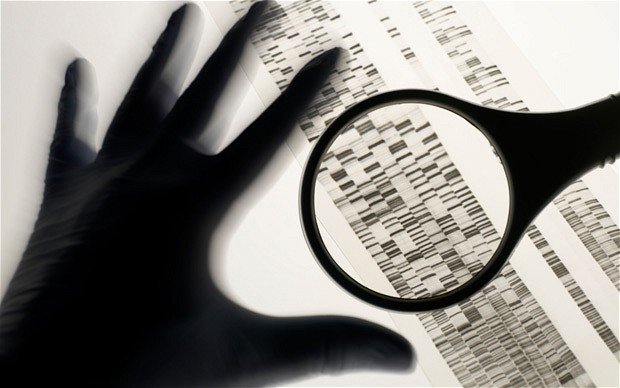
Learn how to become a dna analyst.
How to become a dna analysis. Education and skill requirements for dna analysts. The most common path for dna analysts is to get a bachelor’s degree in forensic science and then enter the workforce and gain experience in. How to become a dna analyst dna analysts typically have a bachelor’s degree in forensic studies, criminalistics, biology or a related field.
67% of dna analysts hold a bachelor's. As a dna analyst, you will. Dna analysis is a highly specialized scientific field.
While it may be possible to begin work as a technician without a. Get expert career advice on skills, qualification, training and certifications required to be a dna analyst. Some of the classes that you may be required to take include, criminology, theories of crime, research methods, statistical analysis, dna analysis, forensic processing, victimology,.
The typical educational requirements for anyone who wishes to become a dna specialist in investigations is a bachelor’s degree in biology, microbiology, molecular biology,. They help compare dna samples from crime scenes or victims. Earning an undergraduate degree in biology with an emphasis in forensics will provide the background needed to be a dna analyst.
Overview of steps in analyzing dna evidence. Several basic steps are performed during dna testing regardless of the type of test being done. Dna analysts aspiring to work in crime labs.
Dna analysts are typically employed by forensic crime labs. Forensic analyst education and training path. You will take classes like:

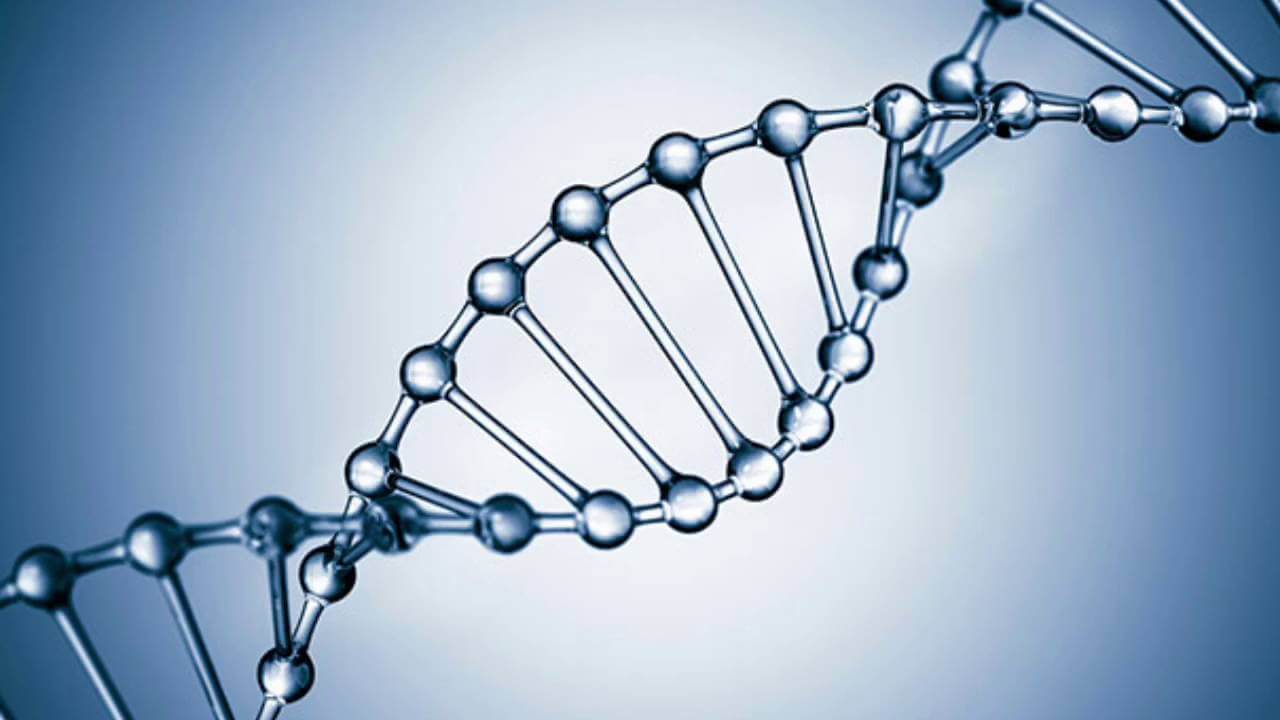
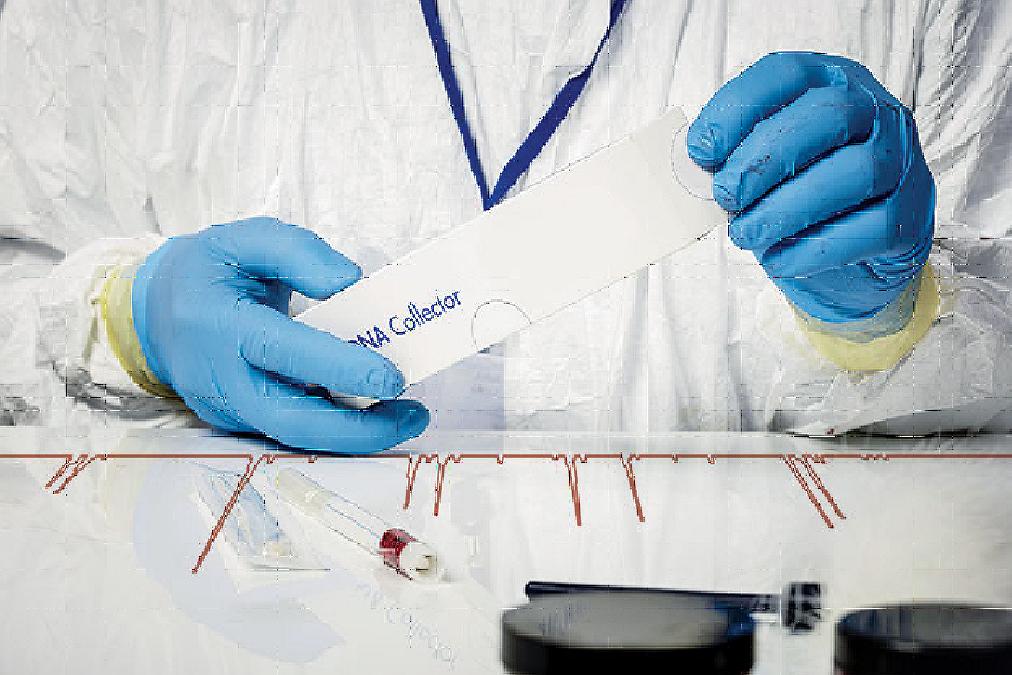

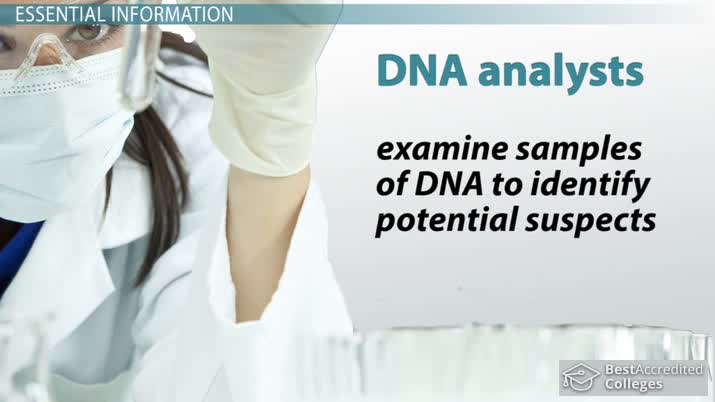

/107918084-1-56a1e28c5f9b58b7d0c43fbd.jpg)

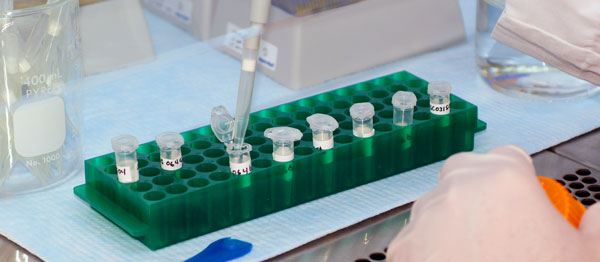

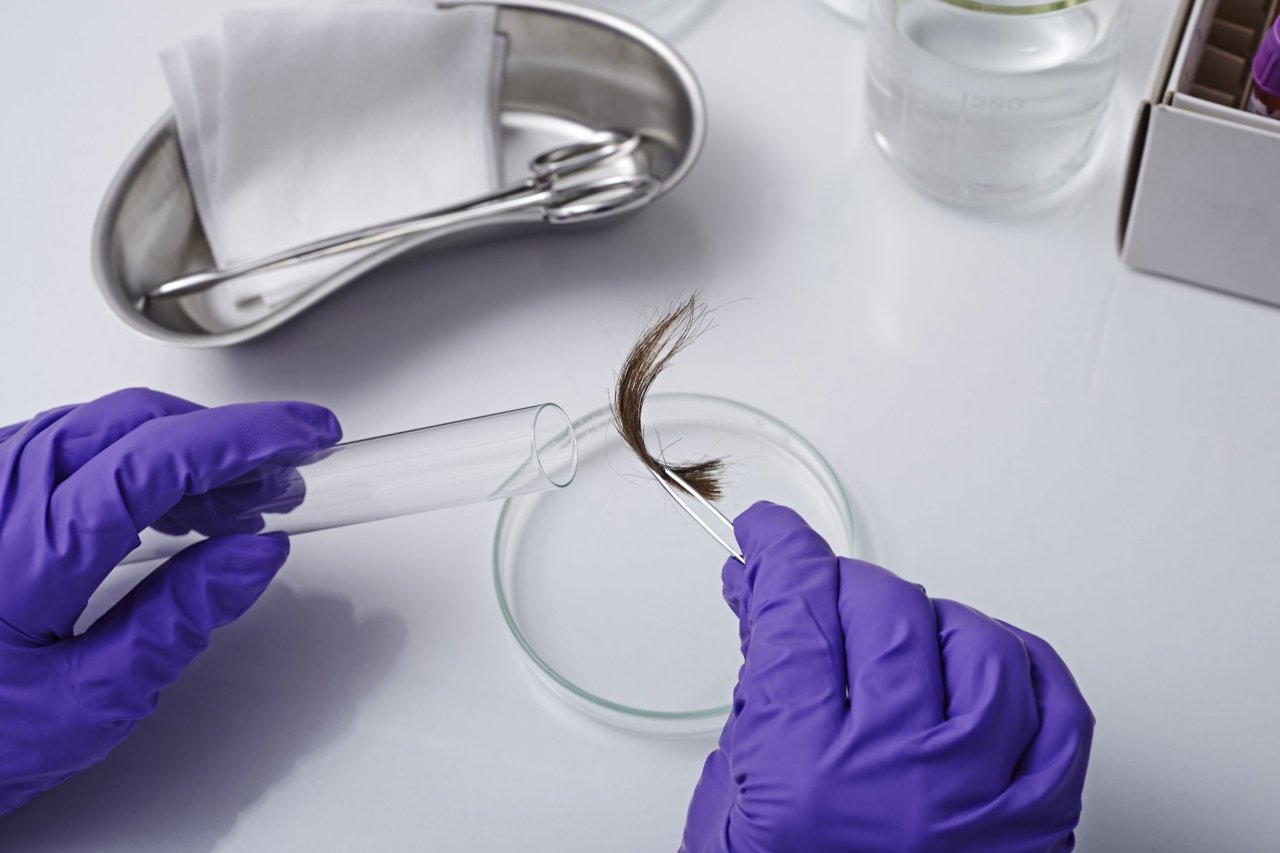
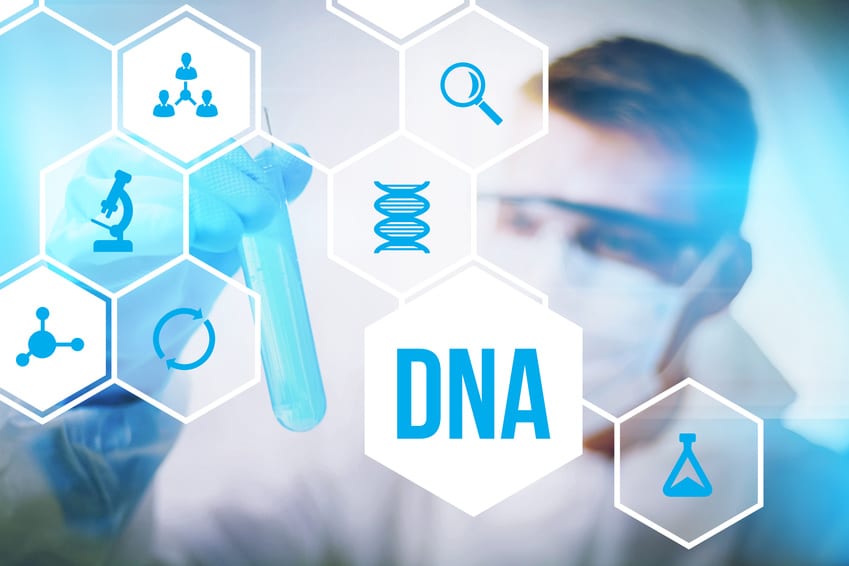
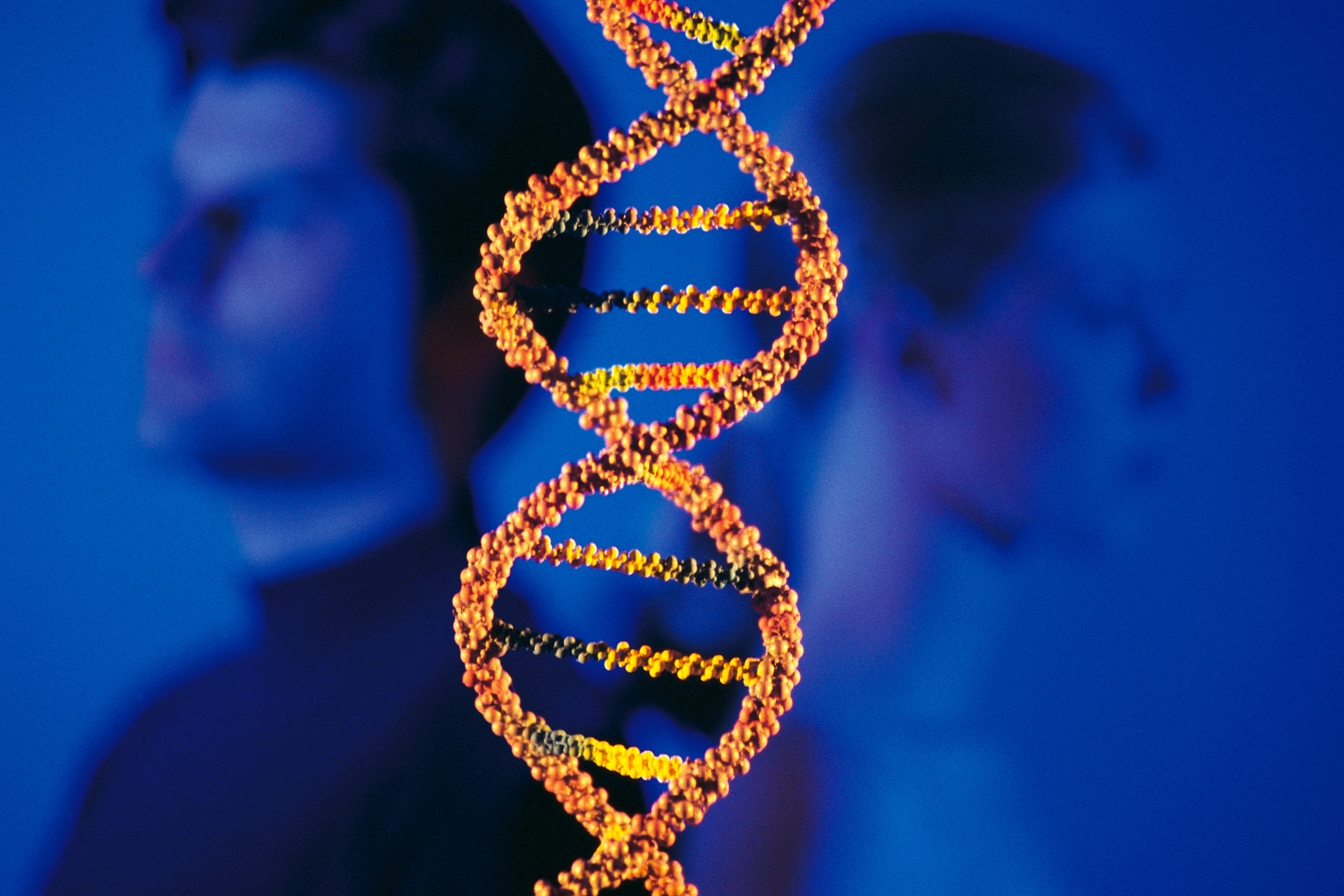

.png)



